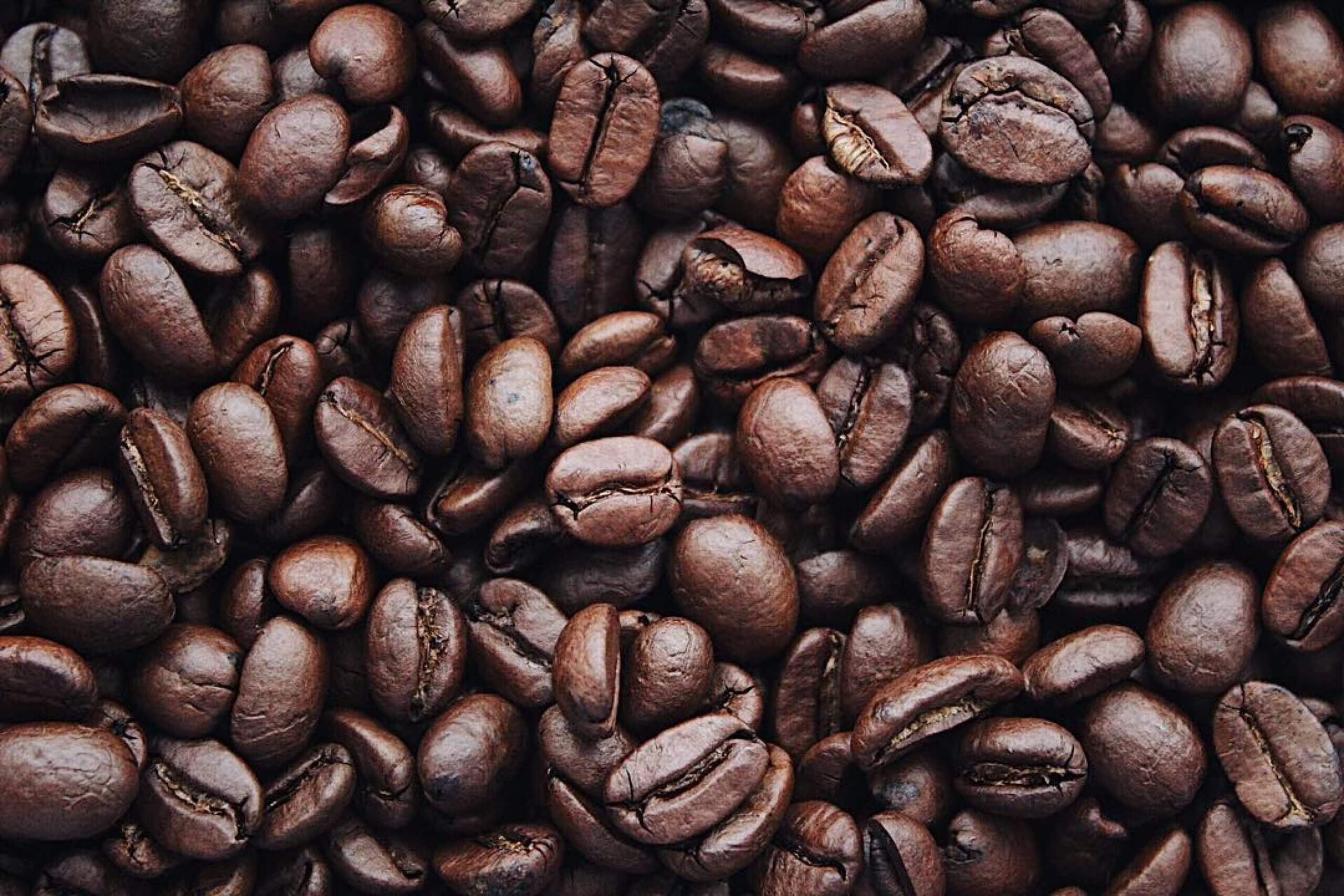Drinking coffee has been shown to improve the digestive system, prevent gallstones and even some liver illnesses, according to a recent study. Coffee also helps to facilitate the passage of substances through the bowels. Moreover, the number of beneficial microbes in our digestive tracts may be increased with the consumption of coffee, researchers say.
Digestion is aided by the enzymatic fluids of the stomach, bile ducts, and pancreas, which are all stimulated by coffee. Hydrochloric acid, the primary digestive component of the stomach, and the digestive hormone gastrin are both elevated when coffee is consumed, according to previous studies. Cholecystokinin (CCK), a hormone that enhances the synthesis of bile, is likewise increased by coffee.
Coffee and Gut Microbes

“Contrary to some assumptions, coffee consumption is not overall linked to bowel or digestive problems. In some instances, coffee has a protective effect against common digestive complaints such as constipation,” says Dr. Astrid Nehlig, in a recent statement. Dr. Nehlig is the Emeritus Research Director at the French National Institute of Health and Medical Research (INSERM).
Coffee seems to alter the gut microbial makeup. Researchers observed that coffee intake modifies the gut microflora, primarily by increasing populations of Bifidobacteria, which are common beneficial bacteria in the digestive system. The increase in this bacteria promotes digestion and, in turn, can help the body maintain healthy bowel movements.
Drinking coffee is linked to improved colon motility or the movement of food through the intestines. According to the research, coffee may help prevent severe constipation by increasing intestinal movement. Caffeinated coffee improved gut motility 23% better than decaffeinated coffee and 60% better than a single glass of water, according to one study.
Additional Benefits of Coffee
Other studies also show that coffee has liver-protective properties, especially against hepatocellular carcinoma, one of the most frequent kinds of liver cancer. According to one study, rats that were fed leftover coffee grounds showed increased glucose tolerance as well as improved liver structure and function.
The majority of data failed to support the notion that coffee had a significant impact on gastro-oesophageal reflux or GERD. However, the evidence revealed that certain risk factors like being overweight or having a bad diet may have an influence on GERD.
There were no negative effects on the digestive organs reported in the research with moderate coffee use (3-5 cups per day). The findings associating coffee drinking with a lower incidence of gallstones and pancreatitis is particularly intriguing, however, additional study is required.
“Although additional data will be needed to understand coffee’s effects throughout the digestive tract, this is an extremely encouraging place to begin,” adds Nehlig.
Find the full review in Nutrients.
